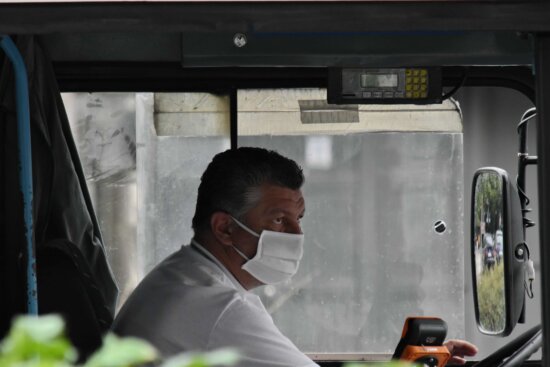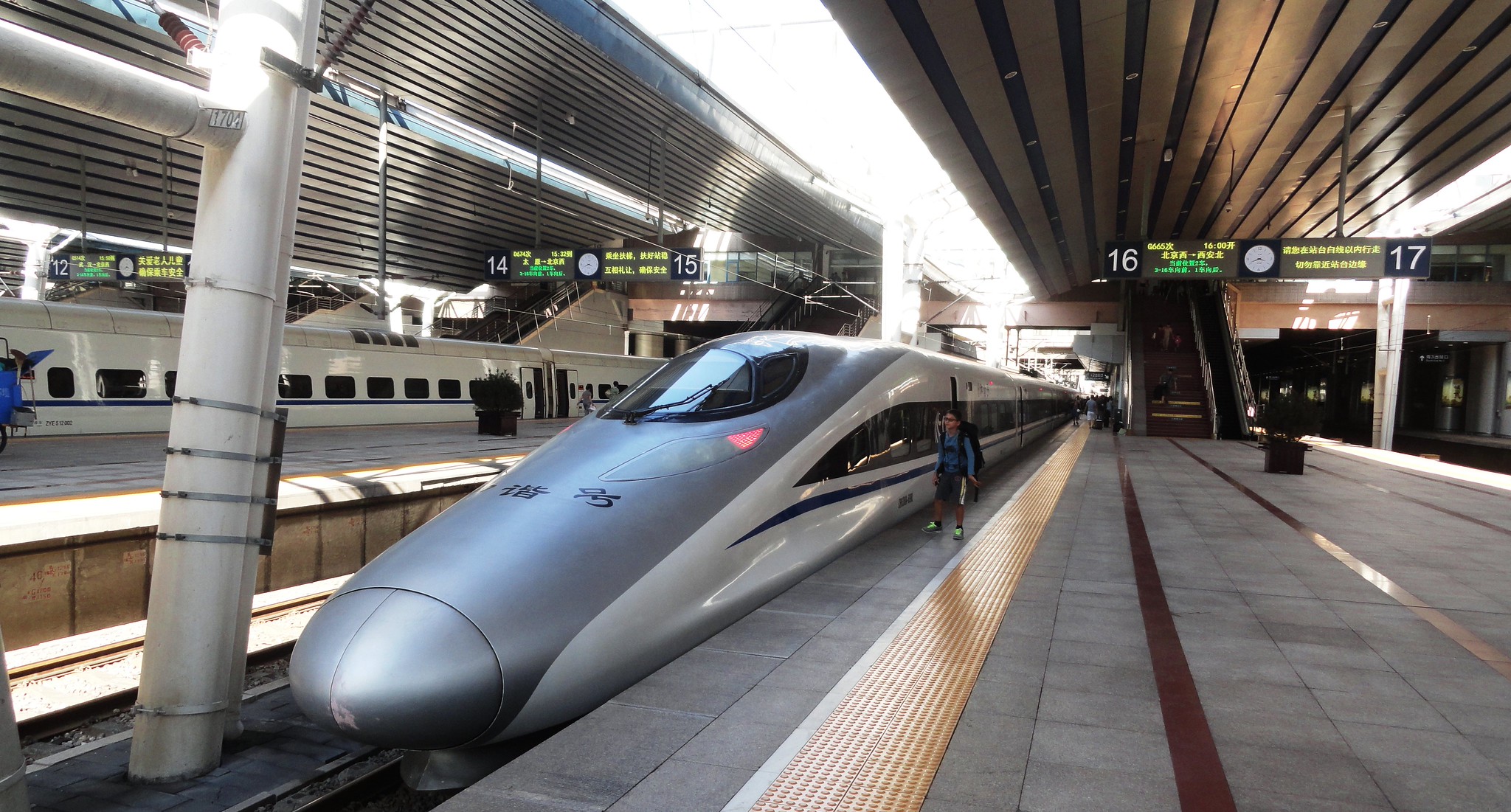Editor's note: this article originally appeared on Human Transit and is republished with permission.
I know we’re having a lot of emergencies and it’s hard to keep track, but many US transit agencies are looking at devastating service cuts due to a shortage of bus drivers. Drivers are quitting or retiring early much faster than agencies can replace them. One friend told me their agency is losing 10 drivers for every one they hire.
Here in Portland, TriMet is cutting 9 percent of its service, bigger even than the cuts in the Great Recession. I’m seeing similar cuts all over the US.
Can you blame the bus drivers? The job was always hard, and now it’s more dangerous in two ways: People breathe on drivers a lot, not always masked, and the mental health epidemic is showing up in more rudeness and bad behavior. Worst of all, some US cities are seeing a rise in assaults on drivers.
Meanwhile, there’s been huge growth in delivery jobs, some of which pay decently and don’t involve dealing with people.
Transit agencies are doing what they can, offering one-time bonuses for signing up. But the real problem is retention, and it’s hard to imagine how that will be solved without some increase in compensation, also known as operating cost. It means less service for the same operating dollar. And of course when compensation goes up it doesn’t come back down.
Before you jump on me: I believe that drivers should be paid well and held to high standards. I believe that a bus driver, with an employed partner, should be able to own a home and raise children. Most US bus drivers are unionized and tend to have relatively good pay and benefits, certainly compared to non-union driving jobs. (One friend of mine is a freelance software consultant but still drives a bus part-time just for the health insurance.) I wish all transportation jobs paid as well.
But in any case, these service cuts are an emergency. They are not minor. They are not necessarily temporary, because right now it’s not clear how the problem will get better. We could be looking at a lasting shrinkage in our transit services, right when people are crying out for expanded service and many agencies had been on track to deliver it.
What can you do? Advocate for funding, but also:
- Be kind to your bus driver. If you have a moment, watch them in action. Notice how hard their job is, and how much they have to deal with. Thank them.
- Be kind to your transit agency management. It’s a terrible moment for them. They’re as horrified as you are by having to cut service. (You can be kind to them and still be mad at them for some things. But be sure that what you’re mad about is really their fault. The driver shortage isn’t.)
This advice may sound simplistic, but it’s actually practical. Kindness is a powerful form of activism. A lot of it can add up to big change.






